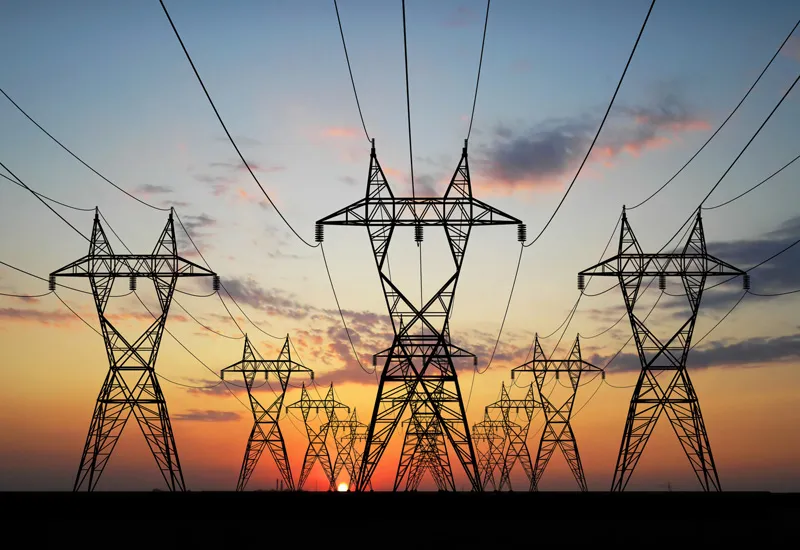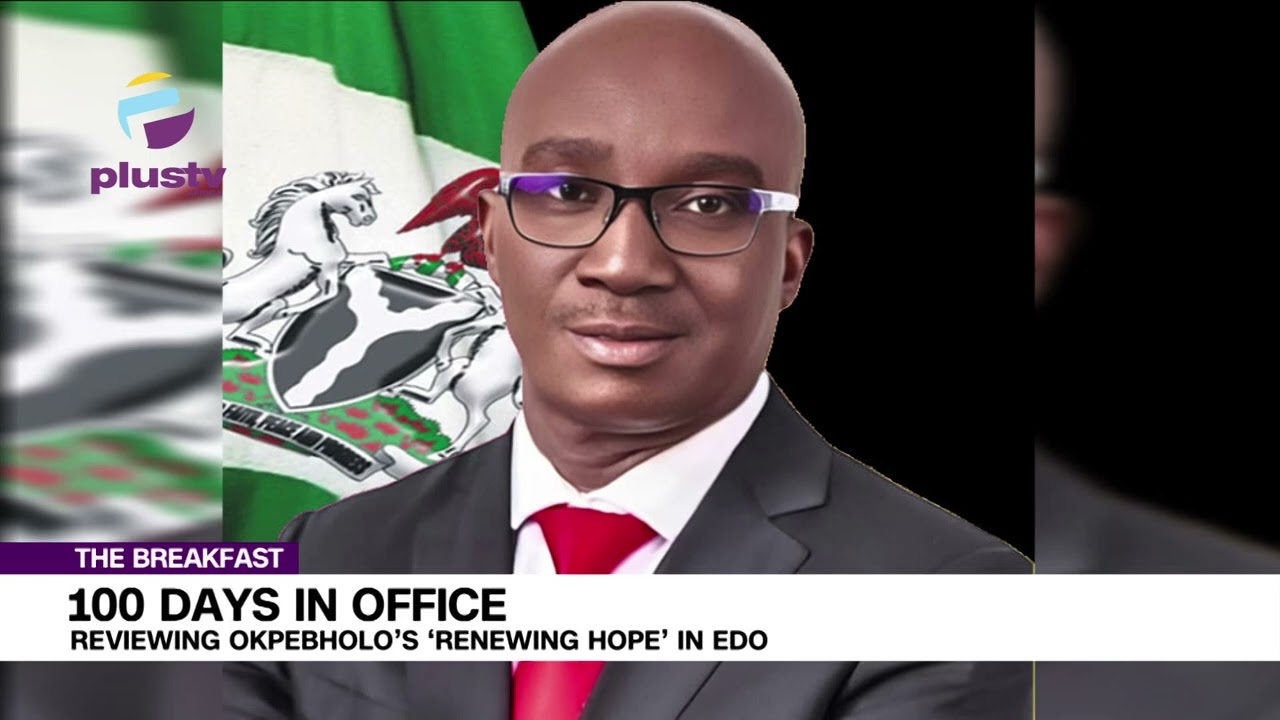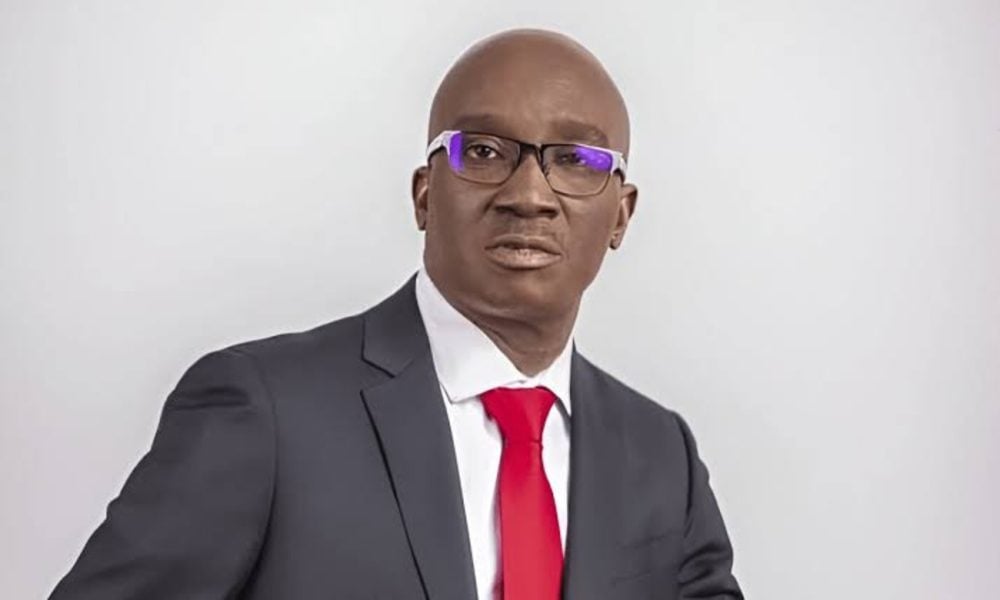The Rural Electrification Agency (REA) of Nigeria has reported that approximately 20,000 communities across the country remain without access to electricity. To address this significant energy gap, the REA has been actively implementing various initiatives aimed at providing reliable power to these underserved areas.
Recent Initiatives and Achievements:
-
Deployment of Mini-Grids: As of August 2023, the REA, through the Nigeria Electrification Project (NEP), has successfully installed 103 mini-grids. These installations have brought electricity to over 46,000 households and small businesses, positively impacting more than 230,000 individuals nationwide.
-
Expansion Plans: In October 2023, the REA announced plans to support an additional 250,000 households in 2024. This initiative focuses on deploying electric mobility solutions, mini-grids, and home systems to further bridge the energy access gap in rural communities.
-
Significant Funding Approval: In May 2024, President Bola Tinubu approved a $750 million funding package for the Distributed Access through Renewable Energy Scale-up (DARES) project. This substantial investment aims to construct 1,200 mini-grids, targeting the electrification of approximately 19 million Nigerians residing in rural areas.
Challenges and the Path Forward:
Despite these commendable efforts, the journey toward universal electrification in Nigeria faces several challenges:
-
Financial and Operational Hurdles: Large-scale solar energy projects have encountered setbacks due to financial instability and high borrowing costs. For instance, 14 proposed solar farms were halted when the government couldn't provide essential guarantees, highlighting the complexities of financing in Nigeria's energy sector.
-
Need for Sustainable Solutions: While small-scale solar systems have gained popularity, providing limited yet essential power to households, there's a pressing need for scalable and sustainable solutions. Enhanced international funding and robust local training programs are crucial to support Nigeria's energy transition and ensure the successful implementation of renewable energy projects.
In summary, the REA's initiatives reflect a strong commitment to reducing the number of unelectrified communities in Nigeria. However, achieving universal access requires continued investment, strategic planning, and collaboration between government entities, private sector partners, and international organizations.

.jpg)






